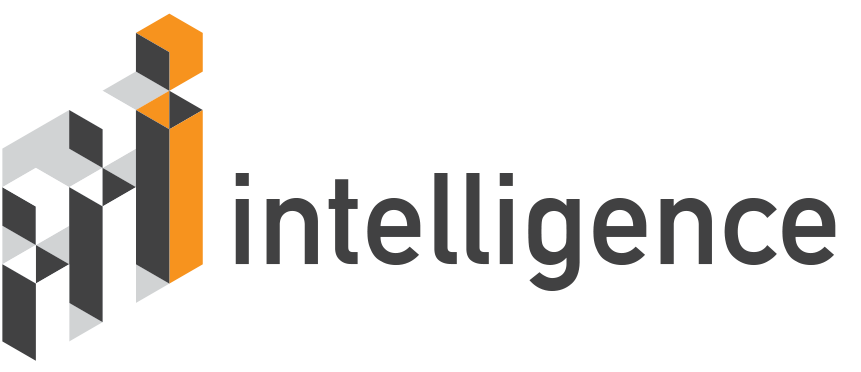It would be logical for 1+1 to be 11 (because if two units are added then their sum must be 11?), but we all know that is not true. That is the answer to this question: logical, but incorrect.
A biased sample is biased anyway, no matter how large it is. The best example that proves this claim is the presidential election in the USA in 1936. The magazine,
The young pollster George took a much smaller sample (50,000, though a far larger sample than is taken today), but he provided a representative sample, and because of that his poll showed Roosevelt on the way to a landslide victory.

